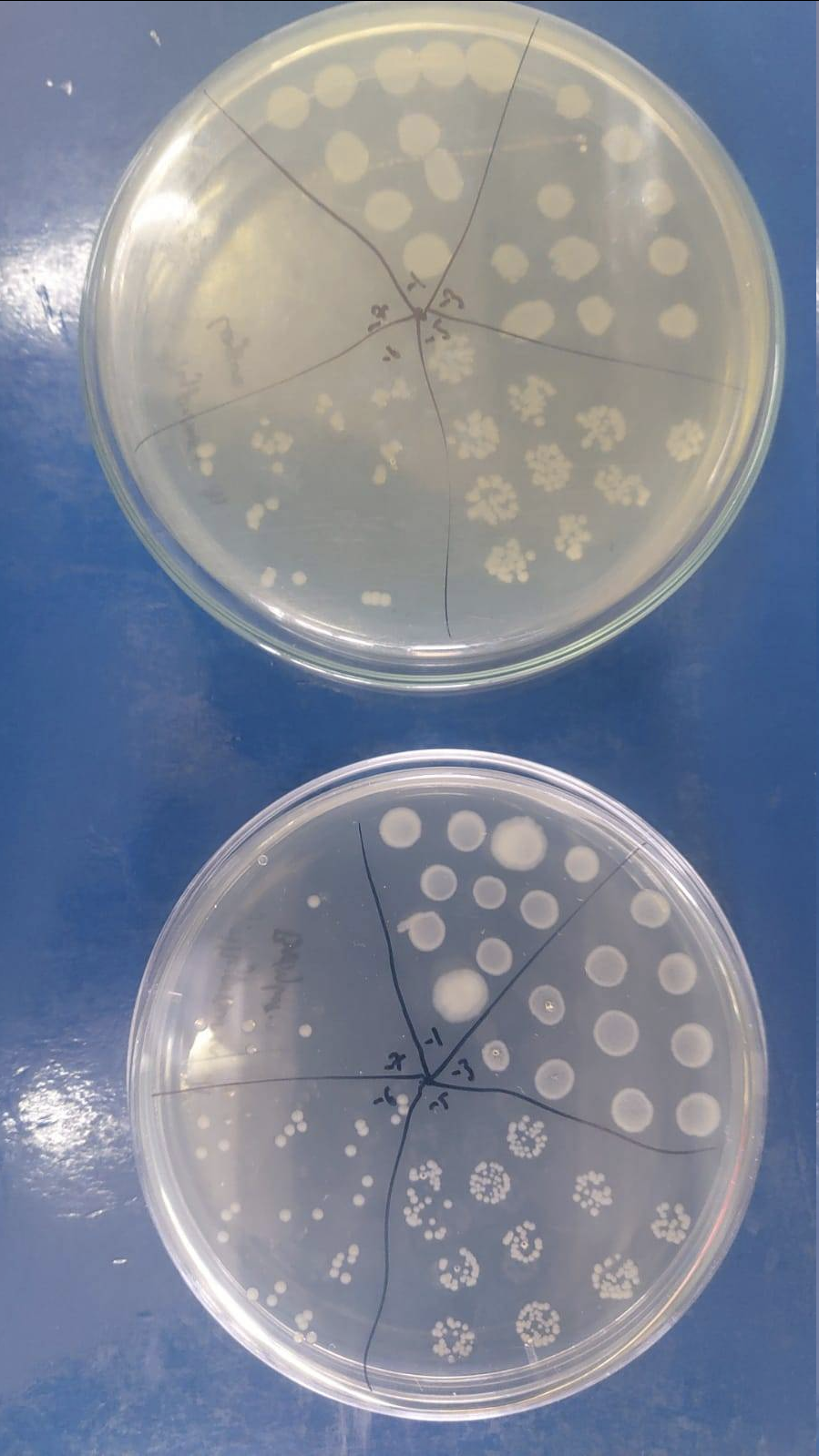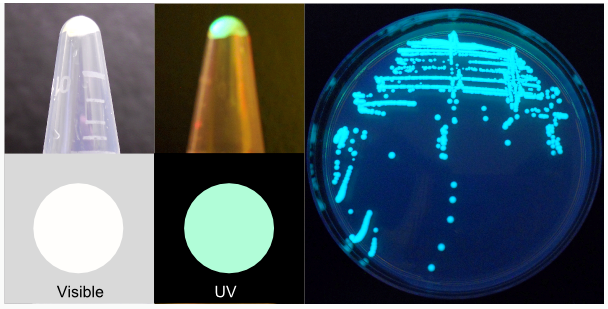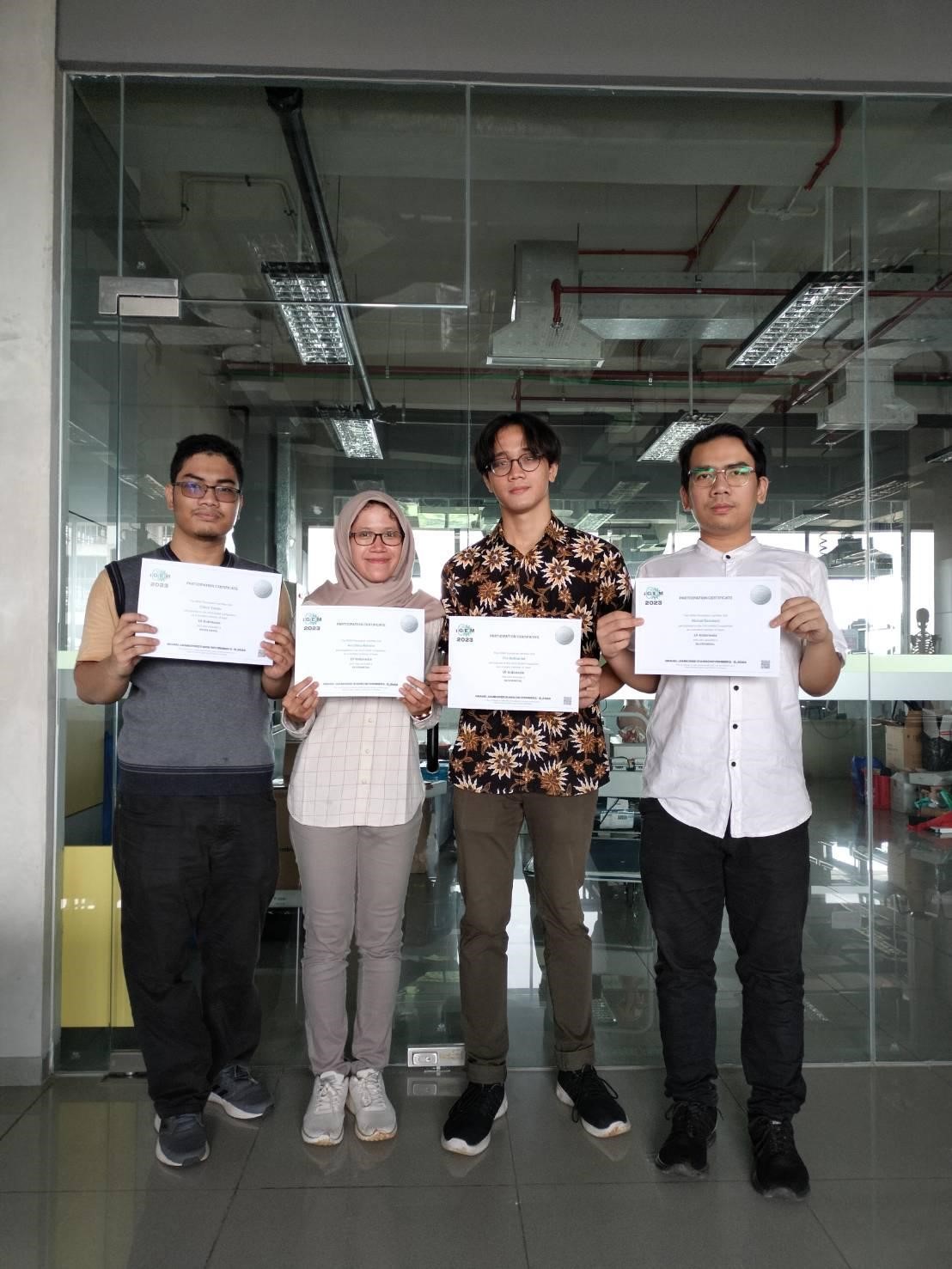Data from the Ministry of Health of the Republic of Indonesia shows that more than 103 million women aged 15 and above are at risk of cervical cancer. This disease is the second most common type of cancer in women in Indonesia, with approximately 36,000 women diagnosed each year, resulting in around 21,000 deaths in 2020. Cervical cancer poses a deadly threat to women every day, but its treatment is still limited to chemotherapy with side effects and low selectivity.
In response to this issue, fifteen students from the University of Indonesia (UI) who are part of the iGEM UI team have developed an innovative system aimed at killing cervical cancer cells. The system, named CerveX, utilizes Salmonella bacteria that have been modified to kill cervical cancer cells more effectively. This groundbreaking research is the first of its kind in Indonesia and is expected to reduce the high mortality rate from cervical cancer.
Under the guidance of UI lecturers Dr. dr. Budiman Bela, Sp.MK(K), and Devvi Sarwinda, S.Si., M.Kom., the iGEM UI team consists of four students from the Faculty of Engineering (FT) UI: Anzillina Rahma, Chico Xavier, Gio Nathaniel, and Akmal Ramdani; seven students from the Faculty of Medicine (FK) UI: Nadine Aurelie, Benedictus Ansell, Shakira Amirah, Bryanna Infinita Laviashna Saputro, Clarabelle Aurelia Augustine, Verrell Didy, and Muhammad Rosyidan Rohman; two students from the Faculty of Mathematics and Natural Sciences (FMIPA) UI: Albertus Aldo and Muhammad Vidrio Arya Akbari; and two students from the Faculty of Computer Science (Fasilkom) UI: Divany Harryndira and Mohammad Bramantyo Putra Kusuma.
“The research using Salmonella bacteria for cervical cancer treatment has been done abroad with less than optimal results, relying only on the activation of anti-tumour immunity during bacterial infection. Our research, the first conducted in Indonesia, engineers Salmonella bacteria by inserting a p53 sensor that selectively targets cancer cells and the cancer drug buforin IIb to induce cervical cancer cell apoptosis,” said Anzillina Rahma, a student from the Department of Electrical Engineering, FT UI, Class of 2020.
The iGEM UI team utilized the p53 sensor, which selectively targets cervical cancer cells, while buforin IIb induces cancer cell death. The design of this sensor was developed by the Dry Lab team in collaboration with vendors Genscript and Addgene from Singapore. The plasmid integration process was carried out through heat shock to integrate the plasmid with the Salmonella plasmid. To test its effectiveness, the iGEM UI team counted HeLa cells, which originate from cervical cancer, to see how many survived and how many underwent cell death.
CerveX has advantages compared to conventional cervical cancer treatments because the end product is an orally consumable drug. The method is also more selective in targeting cancer cells, making it more effective in killing cancer cells. Thanks to these advantages, the iGEM UI team won the Silver award at the 2023 International Genetically Engineered Machine competition in Paris, France, after competing with over 400 teams from 66 countries. This annual competition is organized by the iGEM Foundation, a Boston-based international non-profit organization focused on synthetic biology.
Chico Xavier, a student from the Department of Chemical Engineering, FT UI, Class of 2020, believes there is still room for improvement in this innovation. “We are aware that in terms of production costs, CerveX is still not affordable for the Indonesian public. This is because most of its raw materials are still imported from abroad. However, we hope this research can be a breakthrough and inspire researchers in the field of synthetic biology so that technology in this field continues to develop in Indonesia in the future,” he said.
Full support is also expressed by the Dean of FT UI, Prof. Heri Hermansyah. He stated, “Collaborative research among UI students shows UI’s commitment to providing applicable research contributions to the wider community. Engineering bacteria to kill cervical cancer could be an effective alternative in addressing the high mortality rate from this disease. Hopefully, more competent research can be carried out by other UI students to continue being outstanding and reliable students.”
***
Public Communication Office
Faculty of Engineering, University of Indonesia




